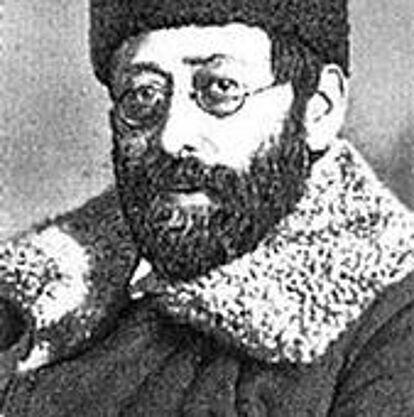Iulii Martov, a key yet often overlooked figure of the Russian Revolution, is finally receiving renewed attention as the “lost prophet” of a transformative era. Once a leading voice alongside Lenin and Trotsky, Martov’s vision for socialism diverged sharply from Bolshevik tactics, offering an alternative path for Russia’s future. This article explores Martov’s complex legacy and the reasons his contributions have been marginalized in mainstream revolutionary histories, shedding light on a critical but forgotten perspective within the upheaval that reshaped the 20th century.
Iulii Martov’s Ideological Vision and Its Clash with Bolshevik Pragmatism
Iulii Martov’s ideological framework was rooted deeply in a vision of socialism that prioritized democratic governance and personal freedoms over swift authoritarian control. Unlike the Bolsheviks, whose focus was on immediate revolutionary success through centralized power, Martov championed a socialist society where diverse voices could coexist within a collective decision-making process. His emphasis was not only on the dismantling of Tsarist autocracy but also on the creation of a transparent political culture that resisted dictatorial tendencies, advocating for:
- Inclusive party structures
- Gradual emancipation of the working class
- Respect for civil liberties and political pluralism
Conversely, the Bolshevik approach, driven by Lenin’s pragmatic adaptation of Marxism, viewed ideological purity as secondary to achieving power quickly and decisively. This put Martov’s ideas at odds with the political realities faced by the revolutionaries, who sought to neutralize opposition through centralized control, often at the expense of democratic principles. The following table highlights key contrasts between the two visions:
| Aspect | Martov’s Vision | Bolshevik Pragmatism | |||||||||||||||||||||||||||||||||||||||
|---|---|---|---|---|---|---|---|---|---|---|---|---|---|---|---|---|---|---|---|---|---|---|---|---|---|---|---|---|---|---|---|---|---|---|---|---|---|---|---|---|---|
| Approach to Governance | Democratic and pluralistic | Centralized and authoritarian | |||||||||||||||||||||||||||||||||||||||
| Path to Socialism | Gradual and inclusive | Rapid seizure of power | |||||||||||||||||||||||||||||||||||||||
|




